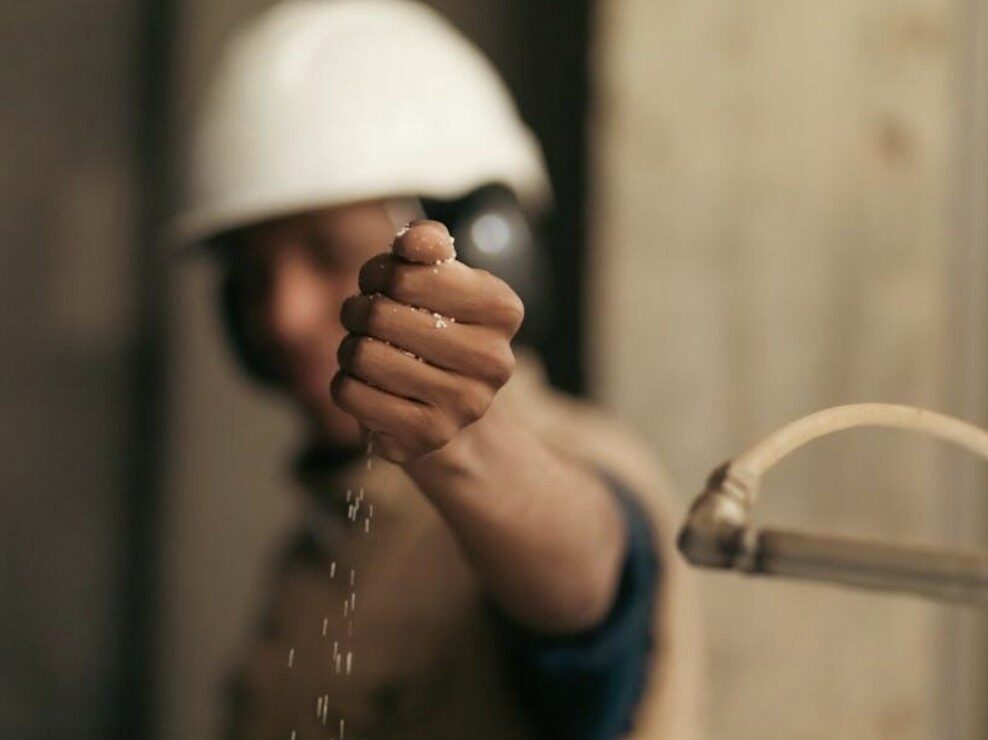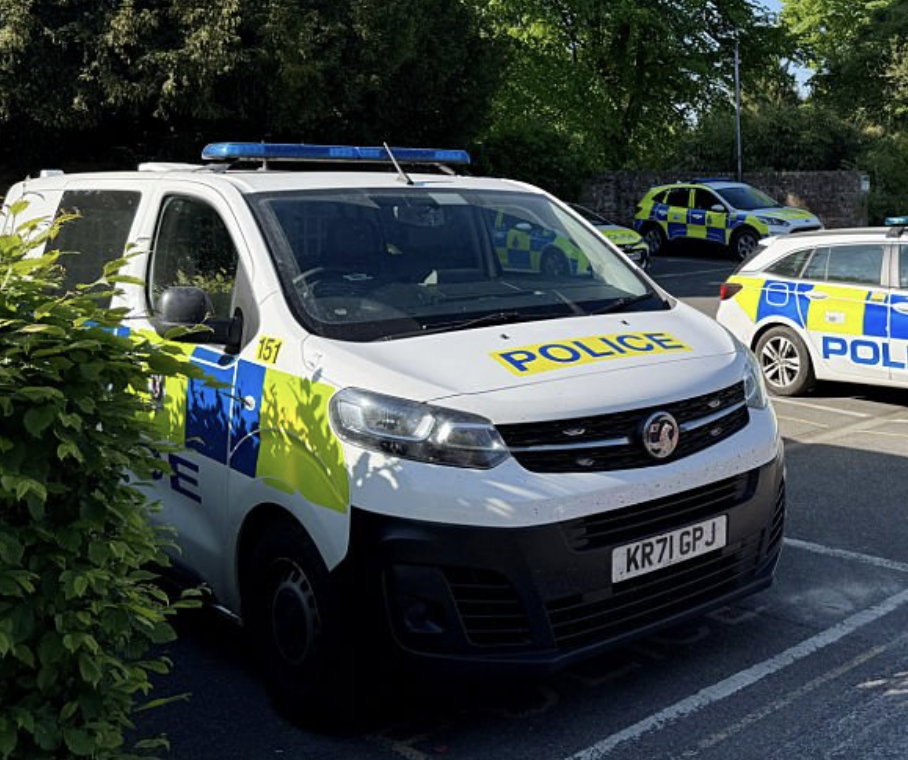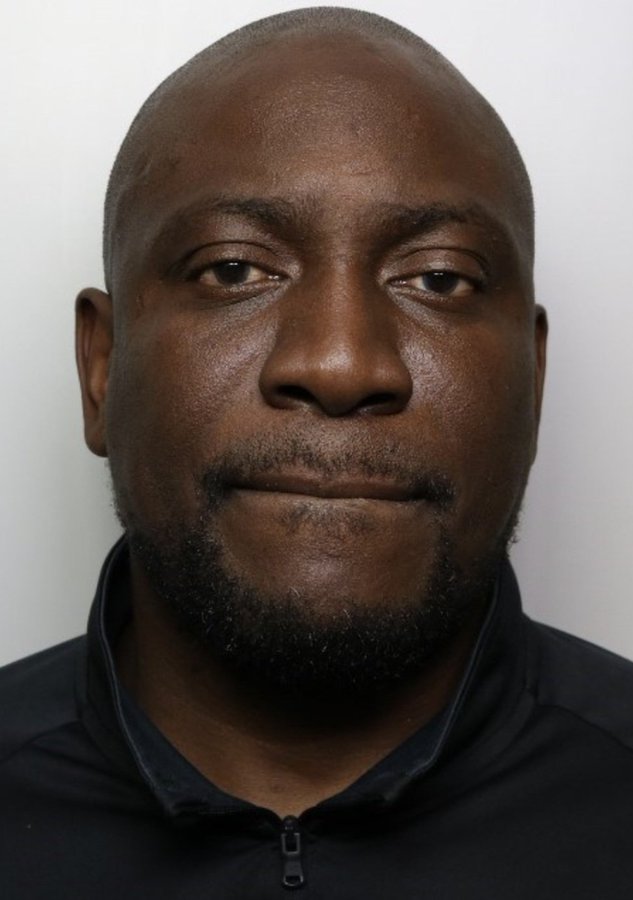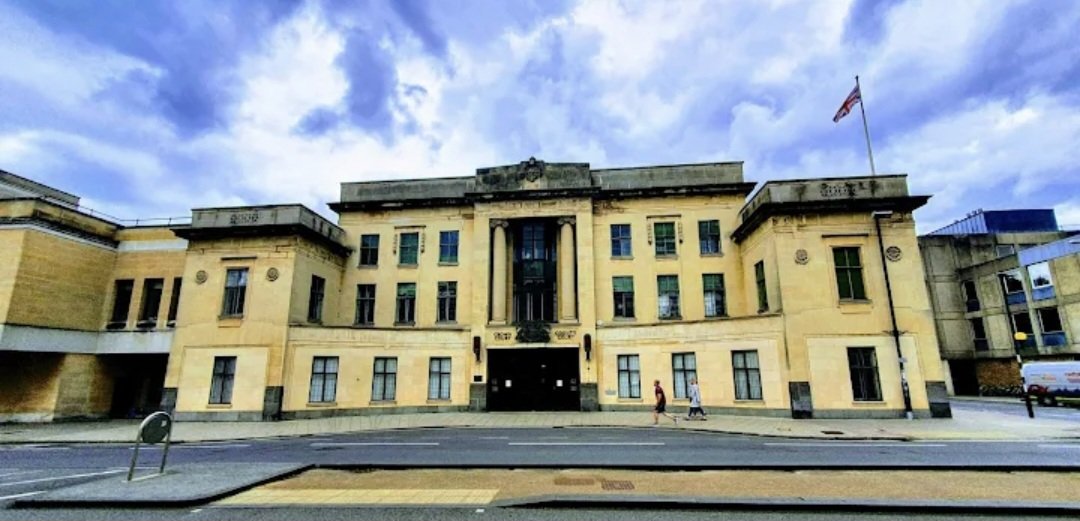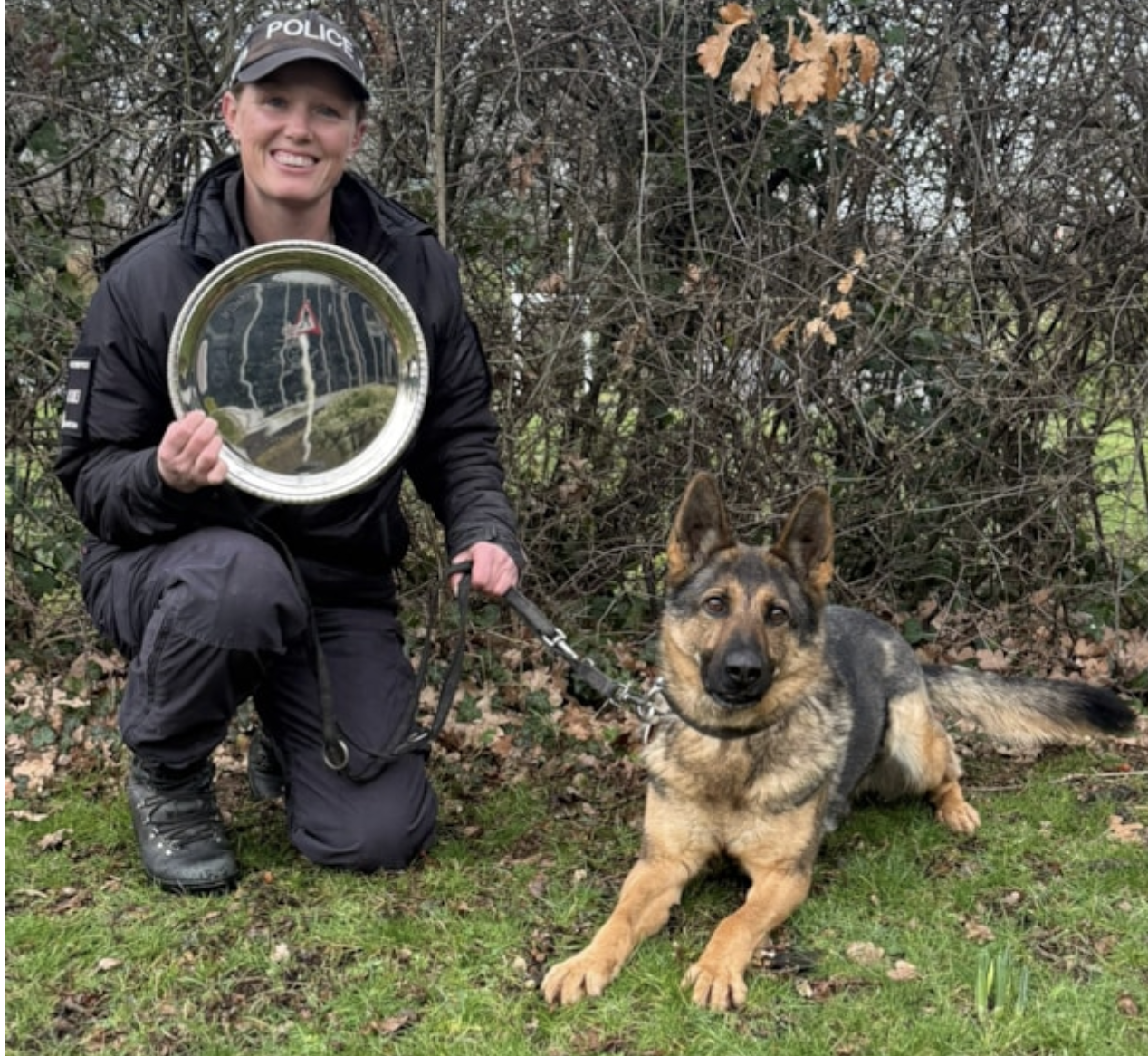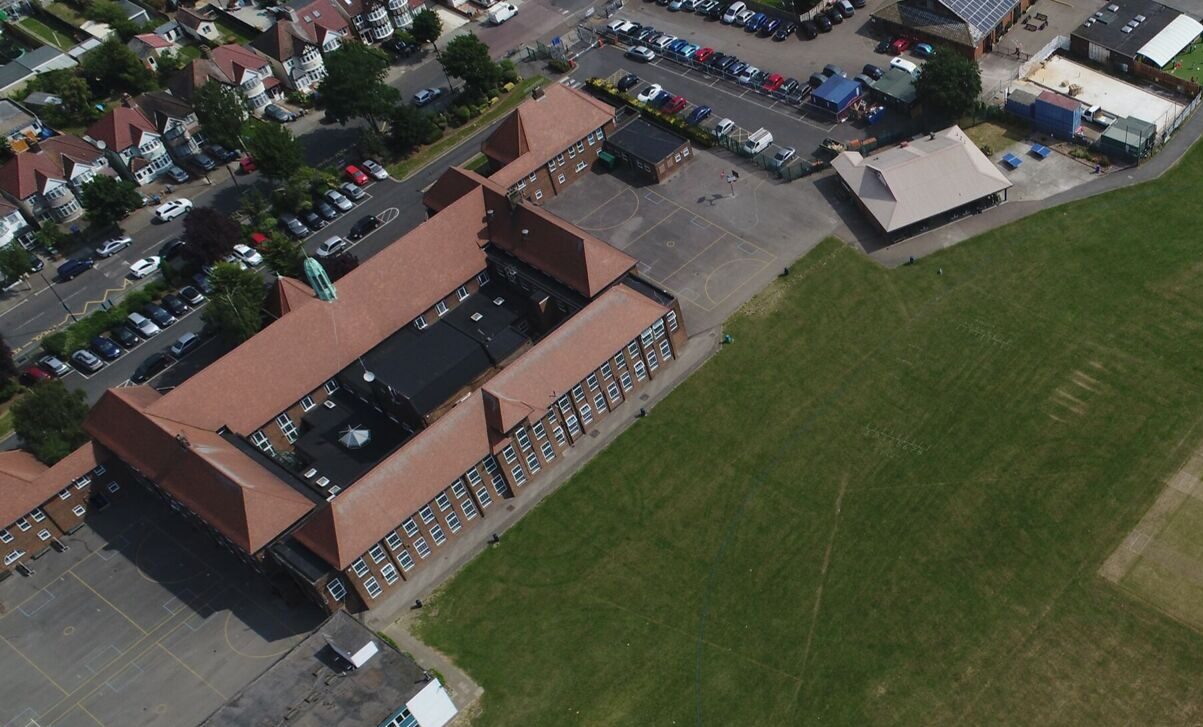Behind every grand building site, before a single brick finds its place, there’s an entire theatre of unexpected roles at work. It’s not just architects and surveyors holding the spotlight. Less obvious professionals quietly shape what’s to come, making sure no costly blunders or hidden dangers emerge halfway through. What most overlook is the avalanche of preparation required before construction crews can even open their toolkits. Every empty plot holds secrets, and without the right people revealing them in advance, trouble waits beneath the surface. It’s time to highlight a few unsung heroes whose efforts keep projects moving forward and wallets intact.
The Demolition Strategist
Forget someone wielding a sledgehammer with abandon. In Cheshire demolition projects, strategy trumps brute force every time, especially when centuries-old structures or hazardous materials come into play. The actual title may vary (sometimes called demolition consultant), but these experts design detailed step-by-step plans for safe takedown long before machines roar to life. One wrong move in Cheshire demolition projects can turn controlled chaos into unwanted headlines or hefty insurance claims. They map out risk zones, salvage list items with surprising resale value, and coordinate with local authorities to ensure everything ticks legal boxes. Clean slates are not accidental. They are intentionally crafted.
Archaeological Investigator
Picture hard hats paired with trowels instead of drills. That’s where archaeological investigators enter the scene. History lies underfoot nearly everywhere in Britain, so any dig might uncover Roman tiles or Victorian coins just waiting to trip up progress or spark excitement from heritage watchdogs who want preservation over speed. Their job? The plan is to inspect sites before groundbreaking, assess potential finds, document any significant items, and then determine if work can proceed without disturbing anything irreplaceable. Skipping this step derailed entire projects when ancient artefacts unexpectedly appeared during construction. It’s not simply bureaucracy. It’s about balancing respect for history with today’s ambition.
Ecological Surveyor
A building project may change skylines forever, yet overlook creatures hiding in plain sight, unless an ecological surveyor steps in first. These specialists scan planned sites for protected species ranging from bats tucked behind old roof tiles to slowworms sunning beneath garden rubble piles. Local councils require solid proof that development won’t just bulldoze rare habitats or upset delicate ecosystems beyond repair. Methods run from nocturnal observation sessions to tricky species counts during unpredictable British weather spells (brollies essential). Their findings dictate everything from building timelines to machinery restrictions. A bat roost discovered too late can halt progress cold until proper measures are taken.
Utility Mapper
Anyone thinking pre-construction is all blueprints and paperwork has never met a utility mapper deep in action gear beside muddy trenches or kerbstones being quietly scanned on suburban roadsides. Their mission: find hidden networks of cables, pipes and ducts so nobody accidentally slices through high-voltage lines or ruptures water mains mid-dig, with costs spiralling as fast as tempers when surprises strike at full throttle later on-site. Employing sonar equipment or ground-penetrating radar (just like treasure hunters), they chart what past generations buried without modern records. Often, their discoveries prevent far more headaches than any architect’s best-laid plan ever could.
Conclusion
These lesser-known talents are as important as glamorous designers or headline-making builders to every successful project. Skip any role above, and deadlines and budgets shatter, often literally, before foundations harden. Pre-construction appears to be paperwork shuffling and clipboard checks, yet below the surface are precision abilities working silently (and often early) so others can build confidently. Smart project managers invest in unseen jobs initially to achieve show-stopping results.

